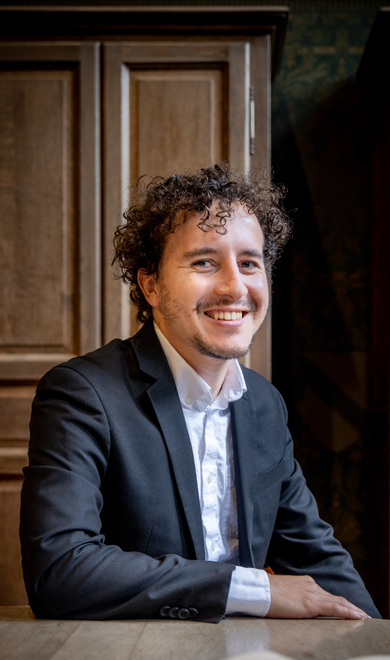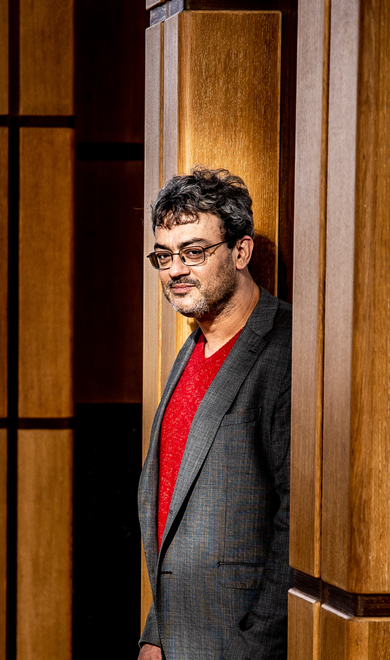This website uses cookies to store your preferences in order to facilitate navigation.
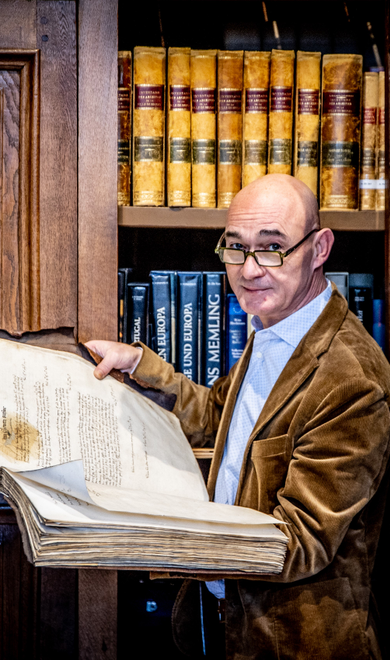
"I consider the 1441 lottery as crowdfunding avant la lettre, because what they funded with their draws were initiatives that citizens cared about. In fact, the National Lottery today is a big national raffle where participants play for a small amount of money. You hope to win, but you also know that you are making a nice contribution to a good cause. It means you win, no matter what."
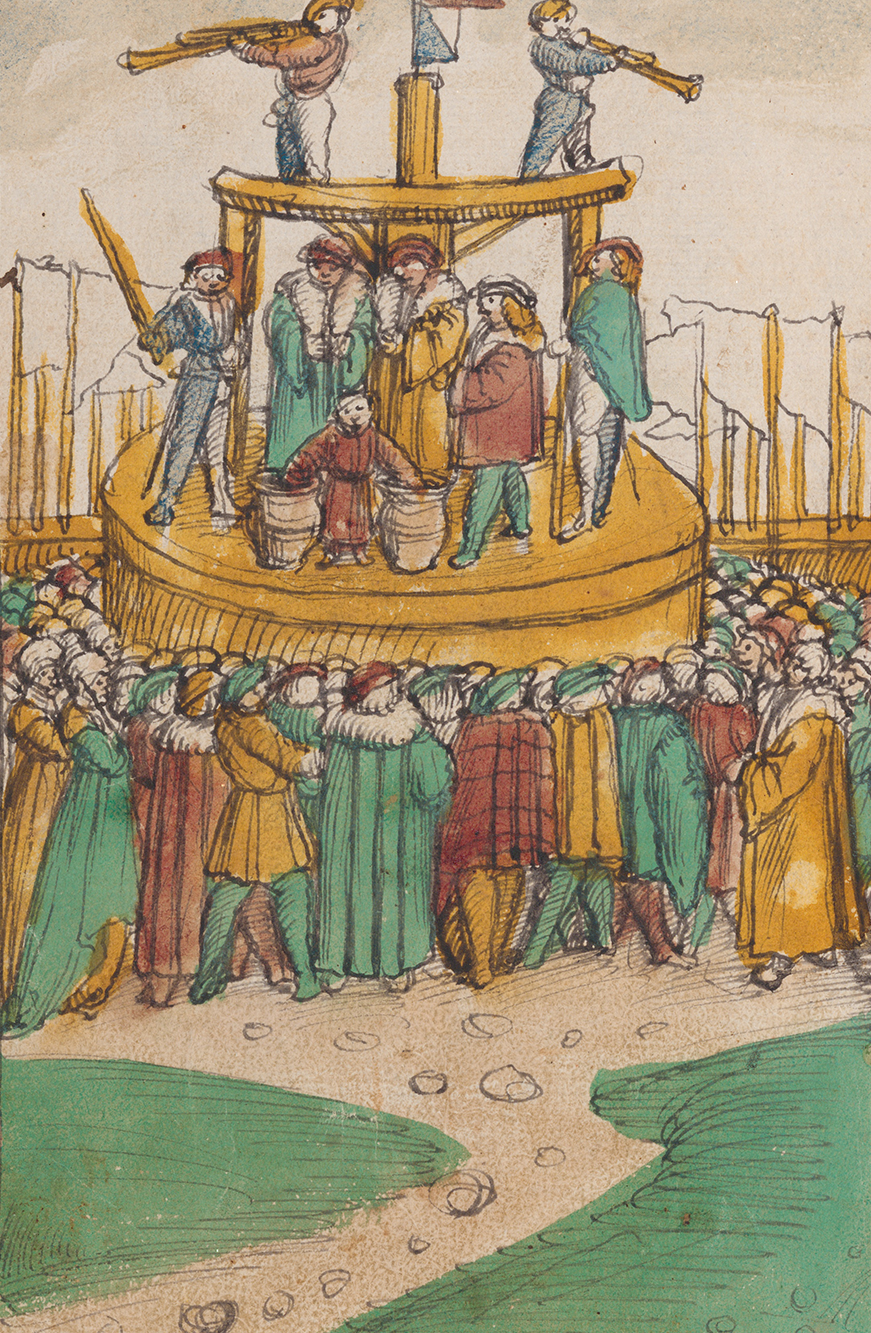
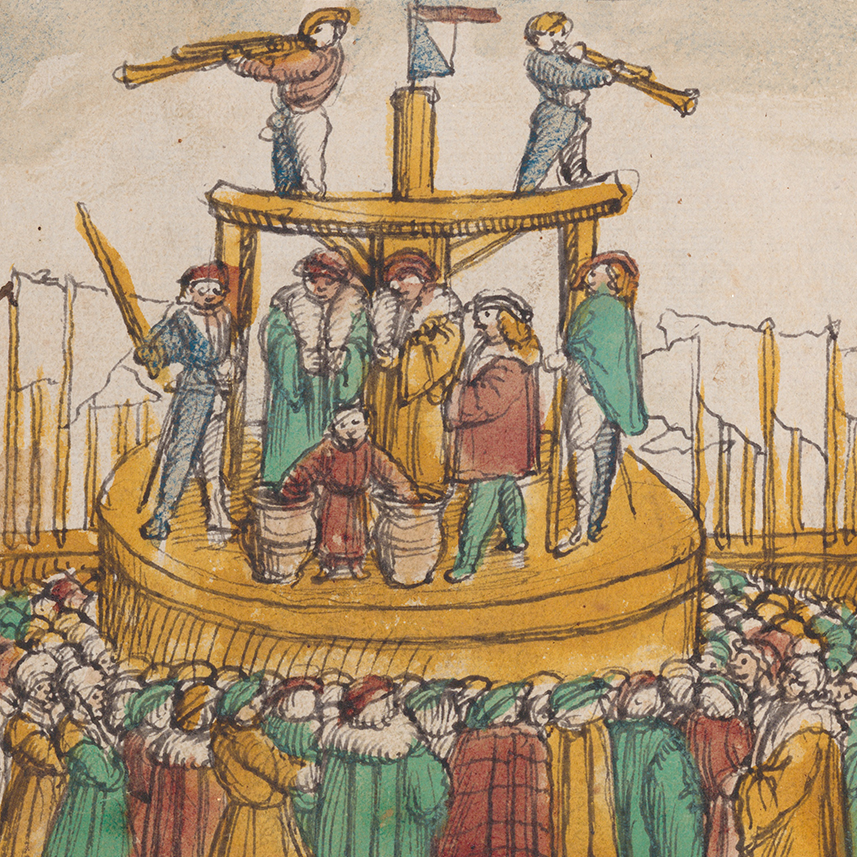
 Brugse Musea, artinflanders.be.png)
